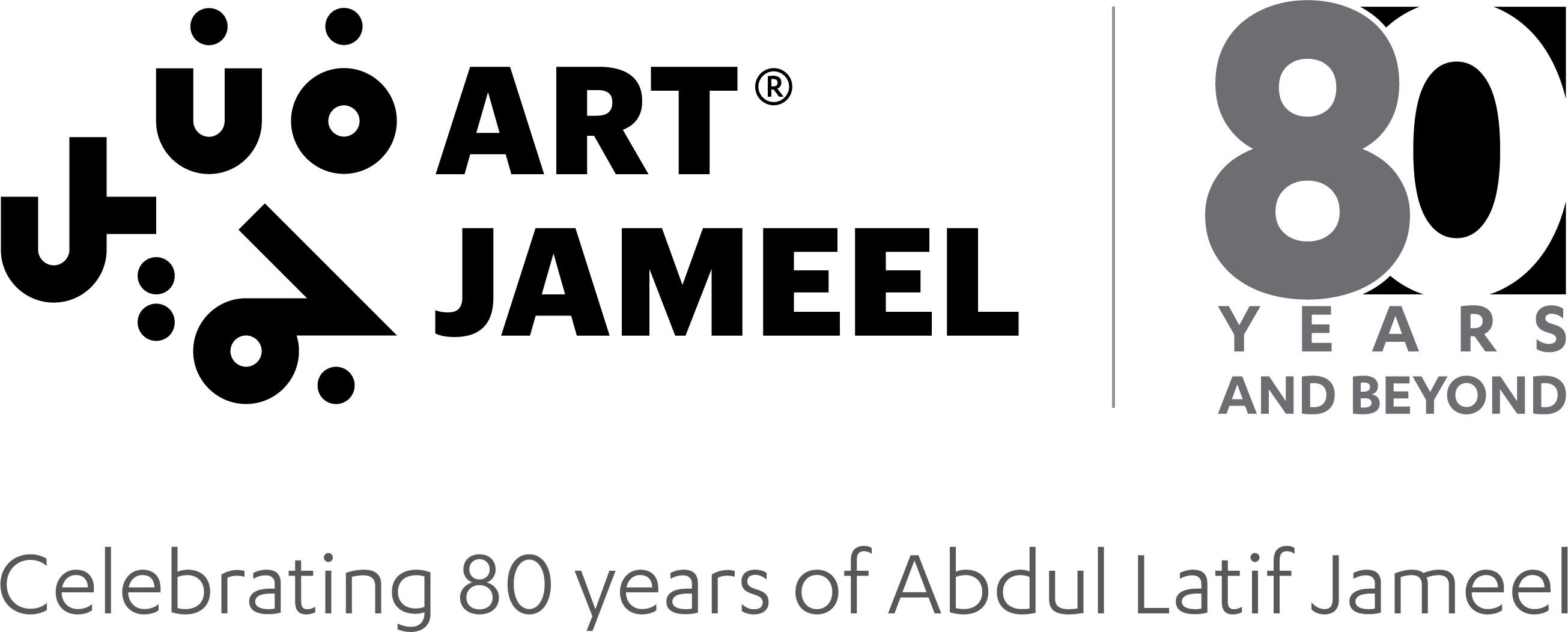آرت جميل
Working Cities: Architecture, Place and Production
Cities have historically supported production, commerce and consumption, all central to urban life. But in the contemporary Western city, production has been hidden or removed, and commerce and consumption have dominated. This book answers the question: What will cities be like when they become, once again, places of production and not only of consumption?
Through theoretical arguments, historical analysis and descriptions of new initiatives, Working Cities: Architecture, Place and Production argues that contemporary cities can regain their historic role as places of material production—where food is processed and things are made. The book looks toward a future that builds on this revival, providing architectural and urban examples and current strategies within the framework of a strong set of historically-based arguments.
Illustrated in full colour with archival and contemporary photographs, maps and diagrams especially developed for this book, the compelling visuals help illustrate the different variables of architectural space, urban location and production in different historical eras and in different kinds of industries.
44 black and white and 139 colour Illustrations
Softcover
280 pages
Dimensions: height 24.9 x width 17.3 cm
ISBN: 9781138328662
Publisher: Routledge
Published January 8, 2020
This item is eligible for international shipping.


